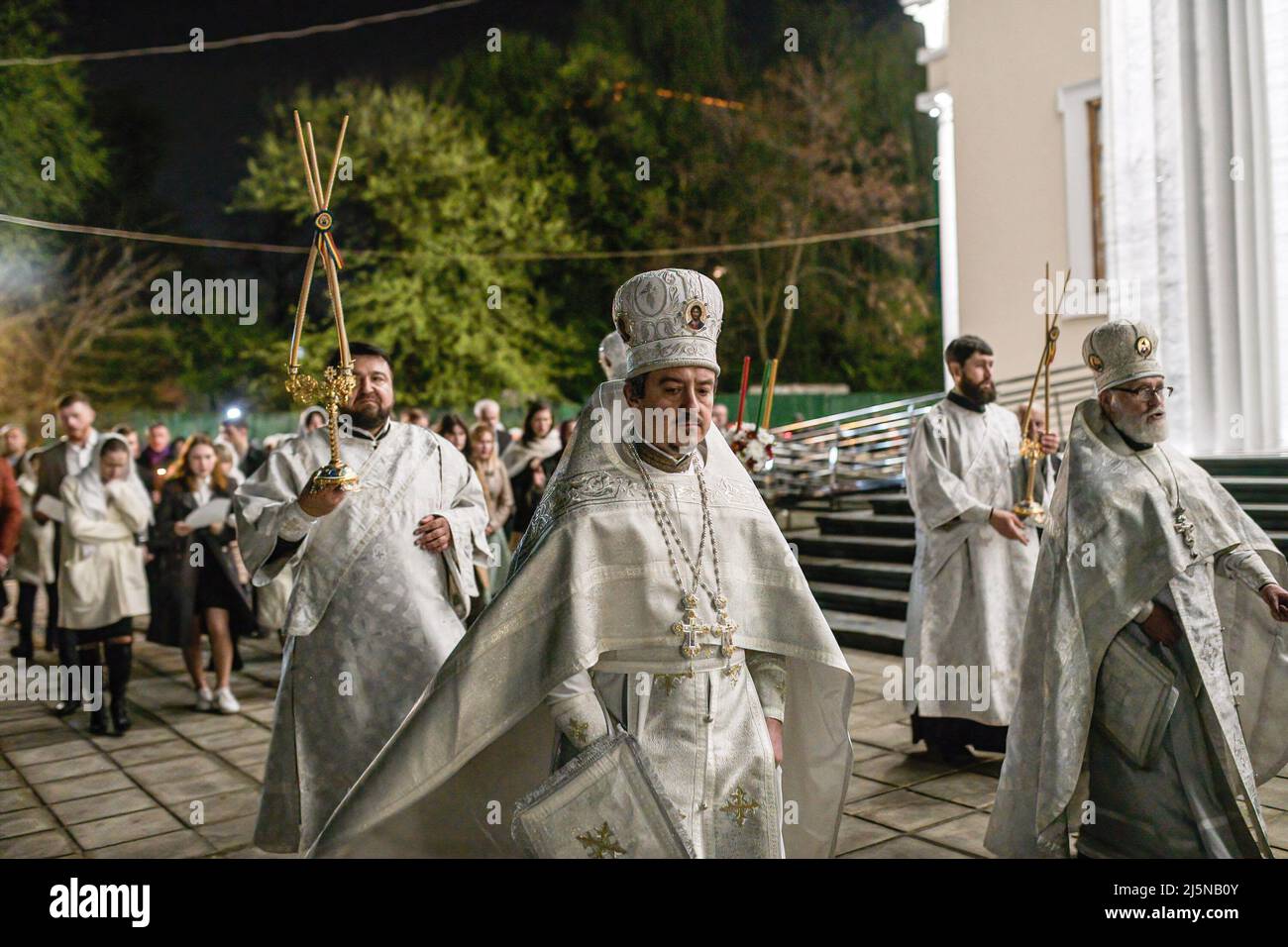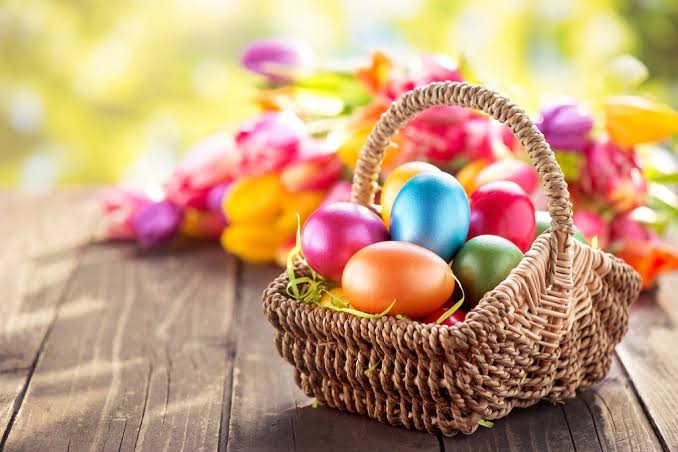Are you eagerly awaiting the next Easter festival but unsure when it falls this year? Don’t worry, as we’ve got you covered with this ultimate guide to the date of this celebratory occasion. Easter is a significant festival in the Christian calendar, marking the resurrection of Jesus Christ. However, the date of Easter changes every year, which can be unclear to keep track of. In this blog, we will delve into the intricacies of when the Easter festival occurs, exploring the factors that determine its date and how you can easily find out when to mark your calendars for this joyous celebration.

— SDC Easter Festival (@SDCeasterfest) February 27, 2020
Introduction to the Easter Festival
Easter is a significant Christian festival celebrated worldwide, marking the resurrection of Jesus Christ. The date of Easter changes annually and is determined by the moon’s cycles. It falls on the first Sunday following the full moon after the vernal equinox, usually between March 22 and April 25. The festival includes a mix of religious and secular traditions, such as attending church services, decorating Easter eggs, and gift-giving.
History of Easter
The origins of Easter can be traced back to ancient pagan festivals celebrating the arrival of spring. Over time, the Christian Church incorporated these traditions into commemorating Jesus’ resurrection, creating today’s Easter holiday. Various customs like the Easter bunny and egg hunts have become synonymous with the festival.
Religious Significance
Easter is of immense religious importance for Christians, symbolizing hope, redemption, and new beginnings. It commemorates Jesus’ resurrection after his crucifixion, showcasing the belief in life after death and the victory of good over evil. Many pray, reflect, and attend church services to honor this sacred event.

History and Origins of Easter
Easter is a Christian holiday celebrating Jesus Christ’s resurrection from the dead. The exact date of Easter changes every year based on the lunar calendar. The word “Easter” is believed to have originated from the Old English word “Ēastre,” which is derived from the pagan goddess of spring and fertility.
The Origins of Easter Traditions
The celebration of Easter dates back to ancient times when various cultures and religions celebrated the arrival of spring. Many Easter traditions, such as the Easter bunny and Easter eggs, have pagan origins, symbolizing rebirth and new life.
The concept of the Easter bunny bringing eggs as gifts is said to have originated in Germany in the 1500s. The tradition of decorating eggs is believed to represent Jesus’s empty tomb, symbolizing his resurrection.
Historical Significance of Easter
Christians have celebrated Easter since the 2nd century AD. It is considered the most important event in the Christian calendar, as it symbolizes the victory of life over death and the hope of salvation. The ecclesiastical approximation of the March equinox determines the date of Easter.
Image:

Factors Influencing the Date of Easter
The first full moon determines Easter’s date after the spring equinox. The Council of Nicaea established that Easter would fall on the first Sunday following the Paschal Full Moon. This astronomical event occurs based on the ecclesiastical approximation of MarchMarch 21g the equinox. Therefore, to calculate when the Easter festival is in a specific year, one must consider both the equinox and the full moon.
Astronomical Alignments
The alignment of the sun, earth, and moon heavily influences the date of Easter. The equinox marks equal day and night lengths, while the full moon signifies the Paschal Full Moon, guiding Easter’s timing.
Historical & Ecclesiastical Tradition
The tradition of celebrating Easter on a Sunday can be traced back to early Christian practices. The ecclesiastical rules set by the Church were based on historical significance.

Significance of Easter Celebration
Easter is a significant religious festival celebrated by Christians worldwide. It commemorates the resurrection of Jesus Christ from the dead, as described in the New Testament of the Bible. This joyous occasion symbolizes hope, renewal, and the triumph of life over death.
Traditions and Customs
During Easter, families come together for special meals and attend church services. One of the most popular traditions is decorating Easter eggs, which symbolize new life and rebirth. Easter egg hunts and egg rolling are common activities children and adults enjoy.
Another tradition is the Easter bunny, a symbol of fertility and new beginnings, which brings chocolate eggs and treats to children on Easter Sunday.
Religious Significance
When is the Easter Festival celebrated? The date of Easter changes every year based on the lunar calendar. In 2022, Easter Sunday falls on April 17. Christians, Easter is a time to reflect on Jesus’s sacrifice and resurrection, emphasizing the core beliefs of the faith. The celebration signifies redemption, forgiveness, and the promise of eternal life for believers.
Popular Easter Traditions and Customs
One of the most important and widely celebrated Christian holidays, Easter typically falls on a Sunday between March 22 and April 25. In accordance with the lunar calendar, the Easter festival is observed on April 172.
Easter Eggs and Egg Hunts
Decorating eggs and organizing egg hunts are popular Easter traditions. These symbolize new life and rebirth, and children eagerly anticipate the thrill of searching for hidden eggs in various locations.
Many communities and families host Easter egg hunts, which feature colorful eggs and sweet treats. This joyful activity brings families together in a fun and festive spirit.
Easter Bunny Visits
The Easter Bunny is a beloved symbol of Easter, bringing baskets filled with candies and goodies to children. Families often partake in the tradition of the Easter Bunny visiting their homes.
- Children eagerly await the Easter Bunny’s arrival, believing he brings joy and surprises during this festive time.
- Many cultures embrace the Easter Bunny as a fun and whimsical character that adds to the holiday’s charm.
Celebrating Easter Around the World
Every year, people around the world celebrate Easter. This joyous occasion is marked by various traditions and customs that vary from country to country. Easter is a time of togetherness and reflection for many cultures, from vibrant parades to elaborate feasts.
Easter Traditions in Europe
In Europe, Easter is celebrated with great fervor. Countries like Spain and Italy organize processions in which participants wear traditional attire and carry religious symbols. In Greece, the custom of cracking red eggs symbolizes new life and resurrection.
Easter Festivities in the Americas
In the Americas, Easter is celebrated with religious and secular traditions. In the United States, the White House hosts the annual Easter Egg Roll, a tradition dating back to 1878. Latin American countries like Brazil and Mexico hold vibrant street parades and festivals.
Frequently Asked Questions
- When is Easter celebrated?
- Easter is celebrated on a Sunday between MarchMarch 22AprilApril 25ending on the lunar calendar.
- How is the date of Easter determined?
- The lunar calendar determines the date of Easter and falls on the first Sunday following the full moon after the vernal equinox.
- Why does the date of Easter change each year?
- Unlike fixed-date holidays such as Christmas, Easter dates change yearly based on a lunar calendar.
- What is the significance of Easter?
- Easter is a Christian holiday that celebrates the resurrection of Jesus Christ from the dead, symbolizing new life and hope.
- Are there any traditional customs associated with Easter?
- Yes, several traditional customs associated with Easter, such as egg decorating, Easter egg hunts, and the Easter Bunny, exist.
Final Thoughts: Unveiling the Date of the Easter Festival
As we delve into the intricacies of the Easter festival, one lingering question remains: when is Easter celebrated? We have explored this significant occasion’s fascinating history and traditions, uncovering the complex calculations that determine its date each year. Easter’s essence of renewal and hope remains steadfast whether it falls early in the spring or later in April.
In summary, the date of Easter is determined by a blend of astronomical calculations, historical events, and religious customs. This harmonious convergence of factors makes Easter a uniquely dynamic and culturally rich festival celebrated worldwide. So, mark your calendars and anticipate the joys of Easter whenever it may arrive!